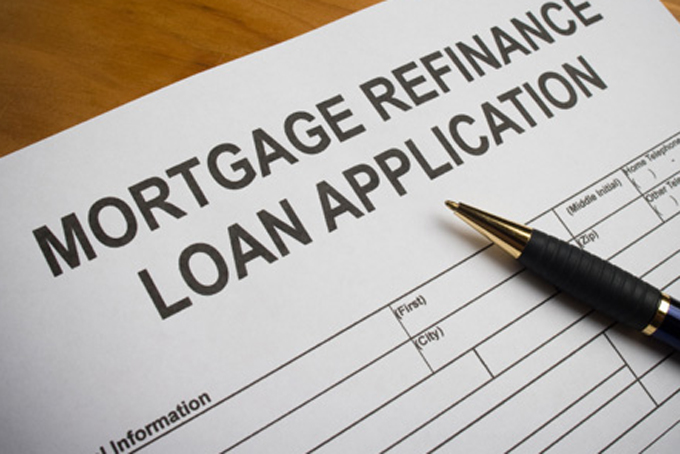
The U.S. housing market is perking up—and so are the mortgage rates. As home values rebound, homeowners are looking at options for refinancing their existing mortgages.
Your home is your most valuable asset, so it’s smart to consider refinancing periodically. In the short term, you may be able to reduce your payment. But the real benefit may be in the long term with a lower interest rate.
Why Refi?
There are many reasons people consider refinancing their homes, say the experts from the Pennsylvania Institute of Certified Public Accountants (PICPA). When interest rates fall or rise, homeowners may have an adjustable rate mortgage they want to get out of. Maybe their credit scores have improved enough and they might be eligible for a lower-rate mortgage. Regardless of why you want to refinance, educating yourself about available options is always a good idea.
What Will It Cost?
For a typical refinance, you could pay anywhere from 1 percent to 5 percent of your outstanding principal in refinancing fees. The fees vary depending on the state, the lender, and how much of a mortgage is outstanding at the time of the refinance. Fees may include the following:
•Application fee—This charge covers the initial cost of processing your loan request and checking your credit report.
•Loan origination fee—The lender or broker charges this fee to evaluate and prepare your mortgage loan.
•Points—A point is equal to 1 percent of the amount of your mortgage loan. Loan-discount points are a one-time charge paid to reduce the interest rate of your loan. Some lenders and brokers also charge points to earn money on the loan. The number of points you are charged can be negotiated with the lender.
•Appraisal fee—This fee pays for an appraisal of your home to assure the lender that the property is worth at least as much as the loan amount.
•Inspection fee—The lender may require a termite inspection and an analysis of the structural condition by a property inspector, engineer, or consultant.
•Attorney review/closing fee—The lender will usually charge you for fees paid to the lawyer or company that conducts the closing for the lender.
•Homeowner’s insurance—Your lender will require that you have a homeowner’s insurance policy in effect at settlement.
•FHA, RDS, or VA fees or PMI—These fees may be required for loans insured by federal government housing programs, such as the Federal Housing Administration (FHA), the Rural Development Services (RDS), or the Department of Veterans Affairs (VA), as well as for conventional loans insured by private mortgage insurance (PMI).
•Title search and title insurance—This fee covers the cost of searching the property’s records to ensure that you are the rightful owner and to check for liens.
•Survey fee—Lenders require a survey to confirm the location of buildings and land improvements.
•Prepayment penalty—Some lenders charge a fee if you pay off your existing mortgage early.
Don’t forget, you can—and should—shop around for the best rates and terms.